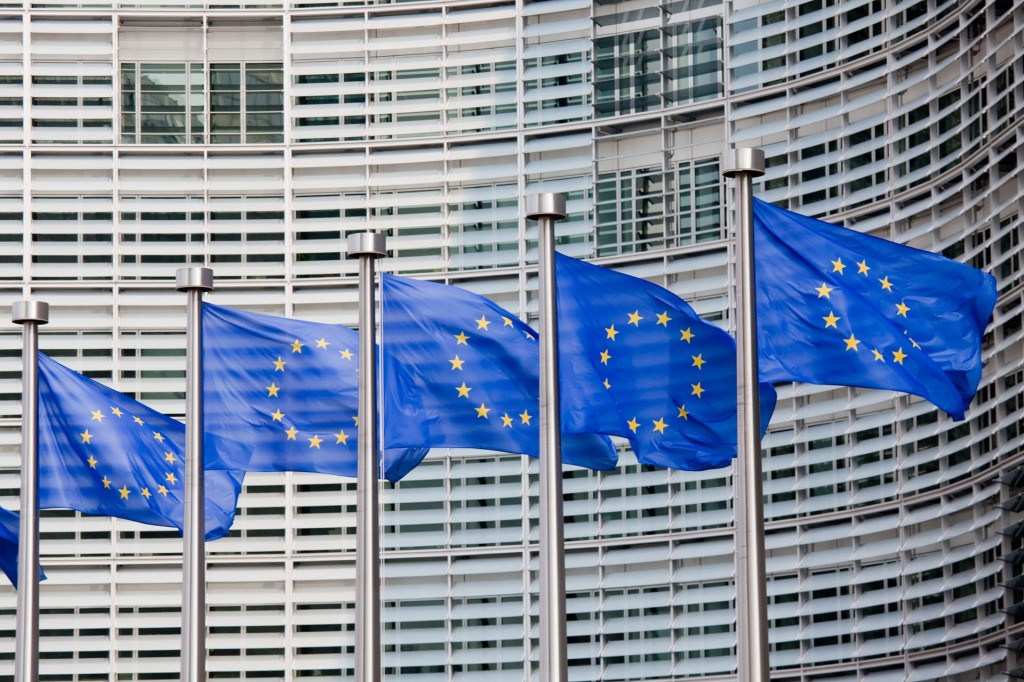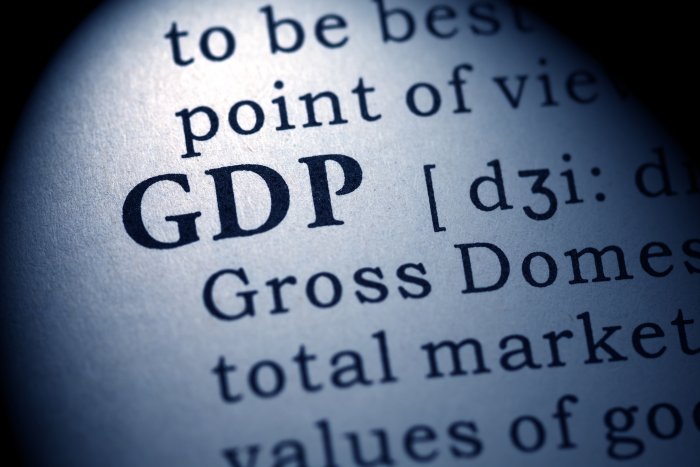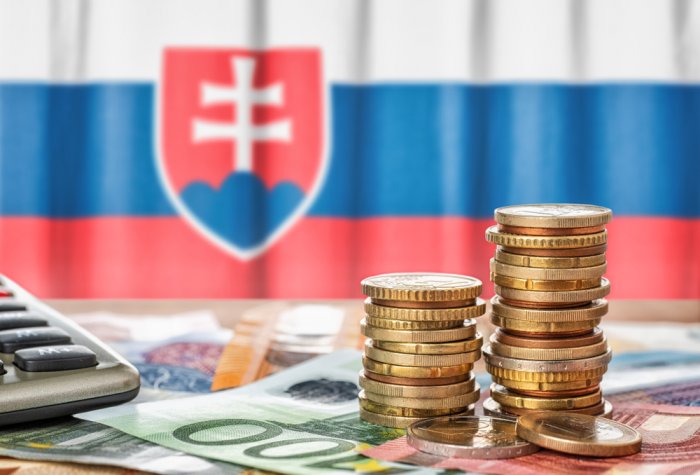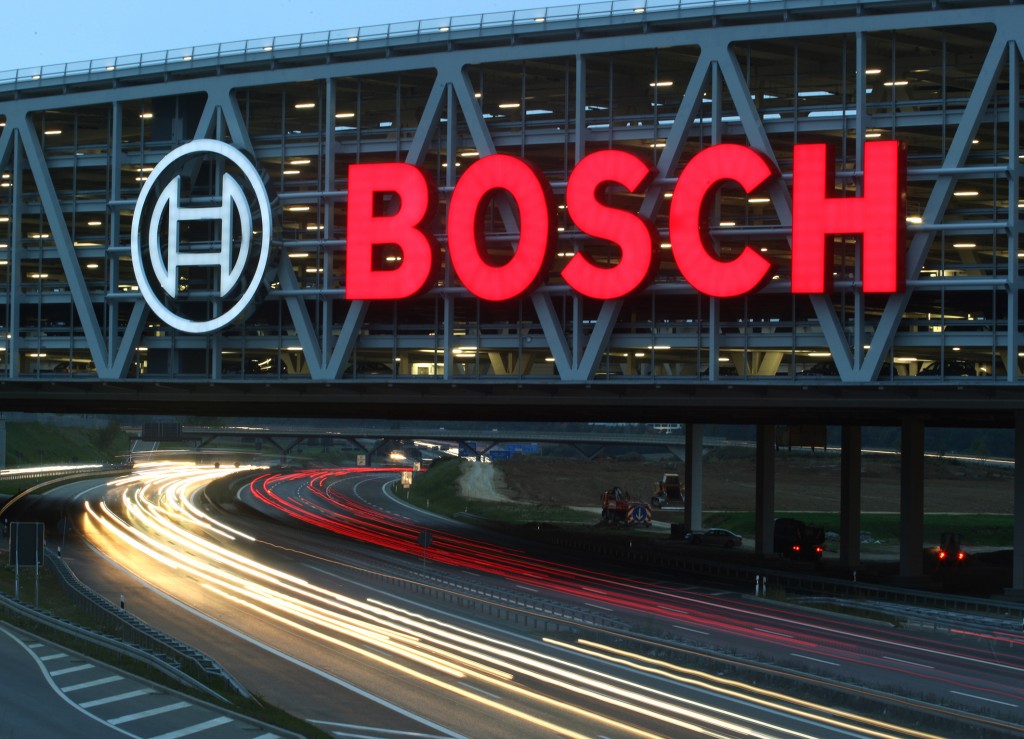ESG: Local Steps in a Global Megatrend

ESG (Environmental, Social, and Governance) is one of the best-known acronyms in financial and economic life.
Today, almost every institutional investor, fund manager, and investment service provider takes the importance of ESG into account, most recently in real decision-making mechanisms too. ESG covers the areas of Environmental Protection, Social Impacts, and Responsible Corporate Governance.
Hungarian ESG
To understand the essence of ESG investments, we must retrace our steps a little. It is a cliche nowadays that our planet’s resources are finite and that global resource management in its current form is not sustainable in the long term. In recent years, various responses have been developed, and sustainability efforts have appeared in all areas of life, for example, selective waste collection, recycling and energy-saving.
As a result of the global energy crisis, the ESG approach may increase its importance in the real estate market; rising utility prices will grow the demand for sustainable, energy-efficient offices, commercial properties and warehouse buildings. Using gas-based vs. electricity-based solutions to ensure the energy needs of buildings will be a critical issue. Property developers and owners who pay special attention to compliance with green and energy-efficiency standards will have an advantage in the market. Diófa Asset Management is fortunate in that the company was an early adopter and years ago anticipated that premium-rated buildings would become very valuable.
For example, one of the outstanding properties of Torony Real Estate Investment Fund is the Leed “Platinum”-certified Green House, acquired in 2014. The building was the first in Hungary to obtain such a prestigious certification. Features of the building include lavatories running on rainwater, a low-consumption heating system, and an insect hotel on the top of the building.
This trend also influences several areas of the economy beyond the real estate market. The fundamental function of the world of investments (money and capital markets) is to connect savers with those looking for funds, the borrowers. If the assets flow in the direction of ESG activities, then sustainably operating companies get cheaper financing, which makes them more competitive against non-sustainable (for example, polluting) companies.
The market has been spectacularly open to these processes worldwide, with many products promoting themselves as supporting ESG. At the beginning of 2020, USD 35.3 billion flowed into ESG assets, making sustainability a global megatrend. Just as with real estate 10 years ago, ESG-based rating systems for investments have also appeared.

The ESG Paradox
There is a dilemma in the relationship between ESG and performance. Is a company performing well because it pays attention to ESG approaches? Or is it able to pay attention to ESG because it is in a profitable, comfortable position and can do so?
During the COVID lockdowns, ESG investments soared in inflows and yield performance, but many attribute this not to sustainability characteristics but the significant overlap between ESG stocks and momentum and growth stocks.
Some of the larger Hungarian listed companies have serious sustainability reports, even by international standards, but overall, the more developed Western markets are still significantly ahead in this field. In Hungary, even among listed companies, only a few businesses and institutions provide adequate ESG data, and the scope and quality are very different.
The Budapest Stock Exchange (BÉT) also promotes the importance of incorporating ESG factors into investment decision-making. BÉT joined the United Nations Sustainable Stock Exchanges (SSE) initiative in 2018 and declared its commitment to implementing the UN Sustainable Development Goals (SDGs) by 2030. In 2021, an ESG reporting guide was also published, which helps Hungarian companies to start developing their ESG reporting practices.
Diófa Asset Management also has an ESG fund, the Diófa Jövőkép ESG Equity Investment Fund, which was among the first created on the domestic market. The fund’s yield since its launch in September 2020 is 17.6%.

Fifty Shades of Green
A Diófa Asset management expert recently admitted that it is difficult for investors to decide which investments have a genuinely sustainable effect. So-called “greenwashing” is an existing market process: market participants make claims that help them seem “green” to attract assets. To eliminate this, the EU introduced regulations according to which financial institutions must transparently and comprehensibly inform investors about the actual sustainability performance of their funds. These laws define the concept of sustainable investments precisely and record product- and institutional-level disclosures to educate investors.
Based on EU legislation, we can distinguish between do-called light green and dark green products. The main difference is that the former category includes products that promote sustainability, while the latter contains products with a sustainability goal.
The Future of ESG?
Although the capital market shock caused by the Russo-Ukrainian war also hit stocks with good ESG characteristics, ESG disclosures may become even more comprehensive and transparent in the coming period, which could give the market another impetus and clear it up. In mid-2023, financial market participants who claim to be sustainable must already publish the main adverse effects on sustainability factors, both in relation to climate and other environmental impacts, as well as negative social effects.
The EU Green Bond Standard, which is still being developed, could stimulate the green bond market. European Union regulations are centered around two main pieces of legislation: one is the so-called Sustainable Finance Disclosure Regulation (SFDR), and the other is the Taxonomy Regulation.
EU Regulation and GreenWashing
The SFDR aims to ensure transparency and comparability in relation to financial market products and services from a sustainability point of view, thus preventing greenwashing activities.
The Taxonomy Regulation specifically prioritizes the “E” of ESG. It regulates in detail what environmental objectives a product can have and what specific parameters can be used to decide whether a given investment is considered environmentally sustainable or not.
The previously mentioned legislation defines the concept of sustainable investments and records product-level and institutional-level disclosures to inform investors. It is very important to distinguish between light green (so-called SFDR 8) and dark green (so-called SFDR 9). SFDR 8 funds promote environmental or social characteristics, or a combination thereof, while SFDR 9 funds have a sustainable investment objective; there are nearly 100 such ETFs worldwide.
This article was first published in the Budapest Business Journal print issue of September 23, 2022.
SUPPORT THE BUDAPEST BUSINESS JOURNAL
Producing journalism that is worthy of the name is a costly business. For 27 years, the publishers, editors and reporters of the Budapest Business Journal have striven to bring you business news that works, information that you can trust, that is factual, accurate and presented without fear or favor.
Newspaper organizations across the globe have struggled to find a business model that allows them to continue to excel, without compromising their ability to perform. Most recently, some have experimented with the idea of involving their most important stakeholders, their readers.
We would like to offer that same opportunity to our readers. We would like to invite you to help us deliver the quality business journalism you require. Hit our Support the BBJ button and you can choose the how much and how often you send us your contributions.












